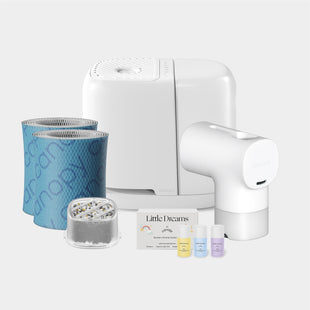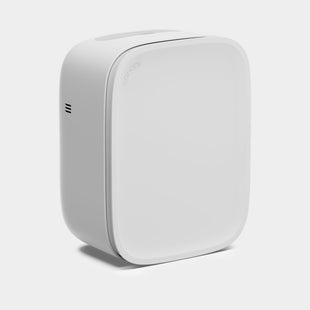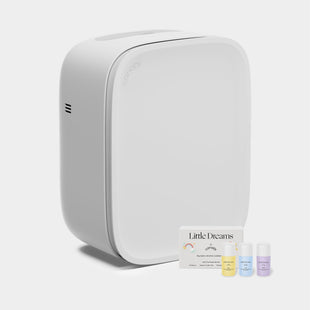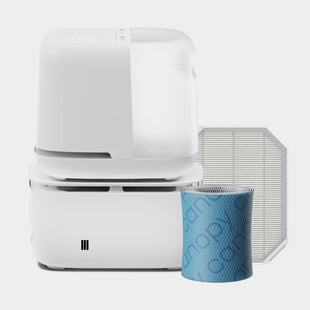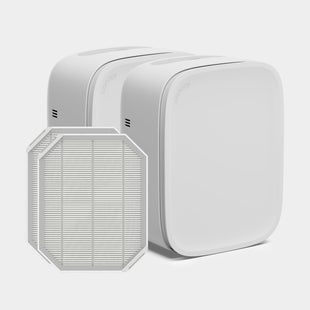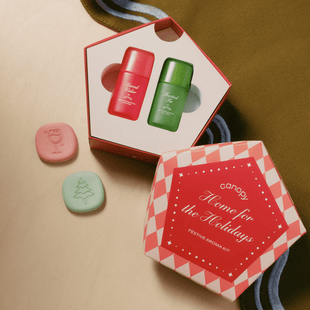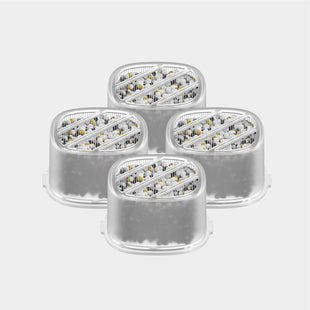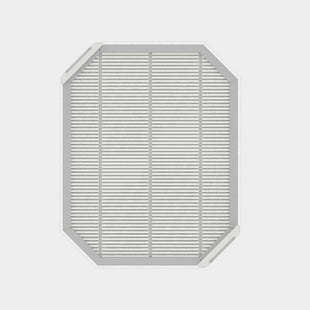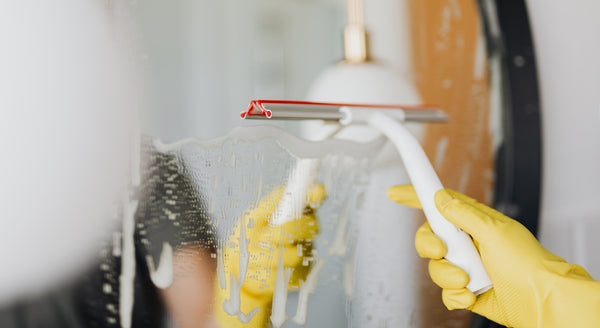For many people, showering is part of their daily ritual. The blast of cold or hot water in the morning, afternoon, or evening is an excellent way to stay squeaky clean and feel fresh while enjoying a peaceful or enlivening experience. However, a grimy shower stall can make your routine cleanse less enjoyable.
Below, learn why gunk builds up on the shower floor or tub, backsplash, glass panels, and other areas, how to keep the shower clean, and why a filtered showerhead is a reliable line of defense against filth.
Why Do Showers Get So Dirty?
The layers of gunk that accumulate in your shower can be traced back to whether you have hard or soft water. Soft water has high levels of salt or sodium. On the other hand, hard water contains high concentrations of calcium and magnesium. The calcium and magnesium ions contribute to your shower’s dingy appearance.
That’s because the calcium and magnesium deposits in hard water cling to soap and dirt. After the suds in the shower dry, a chalky white or gray coating is left behind. You might also notice a slimy substance on the surfaces. Known as pink mold, this orange, pink, or reddish-tinted film is a bacteria that thrives on moisture and hard minerals.
Hard minerals are the cause of mineral scale, too. Calcium carbonate sticks to grout and other surfaces and remains there after the water evaporates. It takes a lot of effort to remove the chalky, white deposits after they dry and harden in place.
If the mineral scale in the shower isn’t annoying enough, the deposits also accumulate in water pipes. The hard minerals create a barrier that makes it difficult for water to filter through the channels. Poor water flow can cause water pressure to drop. Insufficient water pressure is particularly troubling for people who prefer high-pressure showers.
What’s the Best Way to Clean a Shower?

Don’t give soap, dirt, and minerals a chance to dry in your shower and form into a layer of hard-to-remove soap scum or mineral scale. Wipe down the surfaces after each shower with a towel or squeegee to cut down on weekly chore time. Leave time for a deep cleaning once a week or every few weeks.
How to clean a shower and which supplies to use depends on the materials used to build the enclosure. But no matter what you're working with, removing all the cleansers, hair care products, loofahs, and other items in the shower stall is a good idea before you start.
Don't forget to clean out the drain to prevent clogs. Wear rubber gloves to avoid skin irritation from cleaning products, open windows, and turn on bathroom fans to help the fumes dissipate. If you don’t want to use chlorine bleach on ceramic tile, mixing a half-cup of distilled white vinegar, three quarts of hot water, and a half-cup of ammonia will work, too. To cover a large area quickly, put the solution in a spray bottle to thoroughly spritz the surfaces. The mixture needs 5 to 10 minutes to break up the scale before you use a sponge to wipe it away.
If the gunk is tough to remove, use a plastic mesh scrubber to gently chip away at the residue without scratching the ceramic tile. Afterward, rinse the surfaces with water and remove excess moisture with a squeegee.
To keep a fiberglass shower enclosure clean, you only need a spray bottle of distilled white vinegar to spritz the surfaces. You can also coat the surfaces with baking soda or Borax instead. After, use a squeegee to wipe down the backsplash and door panels and a soft-bristle brush to clean the shower floor.
Wondering what to use to clean a shower made of natural stone? You only need a spray bottle with one tablespoon of dishwashing soap and one quart of warm water. After you apply the cleaning solution, spray the surfaces with regular water and then wipe them clean with a microfiber cloth.
Why Upgrade to a Filtered Showerhead?
Investing in a filtered showerhead will make the entire cleaning process more manageable. It removes hard minerals from the water to minimize soap scum and scale buildup. Beyond keeping your shower cleaner, a filtered showerhead will also increase your comfort and improve your appearance.
When you bathe in hard water, the deposits take moisture from your skin, which can cause skin to feel tight and itchy and cause dandruff. It’s hard to rinse off soap and shampoos with hard water, too, which can also cause skin irritation and make hair limp and greasy looking. Bathing in filtered water can combat these concerns.
Canopy’s Filtered Showerhead will keep your shower enclosure cleaner and your skin and hair in good condition. Enjoy better showers from start to finish!









